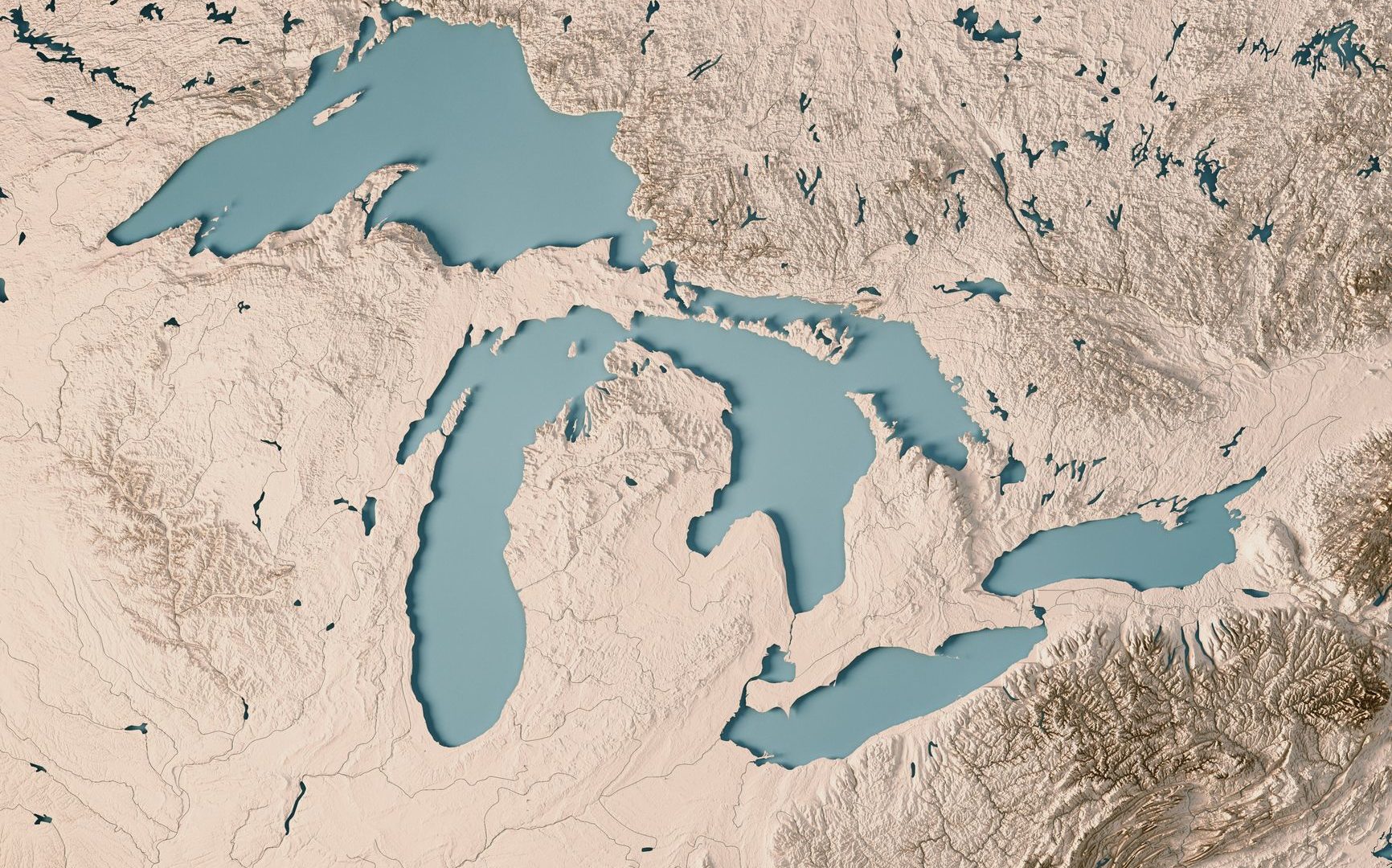A new report that documents the progress made by Canada and United States between 2017 and 2019 in meeting commitments under the Great Lakes Water Quality Agreement (GLWQA) is now available.
The report was released on June 13, 2019 by Canada’s minister of environment and climate change, Catherine McKenna, and the United States’ administrator of the Environmental Protection Agency (EPA), Andrew Wheeler.
“The Great Lakes provide trillions of dollars to the Canadian and American economies, and the region is home to tens of millions of people,” said McKenna. “A healthy environment and a strong economy go hand in hand. For nearly five decades, Canada and the United States have worked together to improve the health of the Great Lakes, through the Great Lakes Water Quality Agreement, and we will continue to work together to protect this important shared resource.”
According to the Government of Canada, there has been significant progress in addressing long-standing environmental degradation in Great Lakes Areas of Concern on both sides of the border. Canada and the United States continue to address the spread of toxic and nuisance algae in impacted areas, particularly in the Lake Erie basin, with the implementation of nutrient-reduction activities.
“EPA and the Trump Administration are committed to working with our Canadian partners on conservation and cleanup efforts in the Great Lakes region,” said Wheeler. “We look forward to continued progress in preserving the Great Lakes and in keeping our waters clean through our partnership under the Great Lakes Water Quality Agreement.”
While Canada and the United States have made important strides in restoring and protecting the Great Lakes, the two nations recognize the need to continue addressing ongoing and emerging threats to the water quality and the health of the Great Lakes.
The progress report on commitments under GLWQA will promote discussion on priorities for Great Lakes protection during the upcoming 2019 Great Lakes Public Forum in Milwaukee. Public input will play an important part in the decisions the two countries will be making regarding priorities for science and action, during the implementation of the Great Lakes Water Quality Agreement over the next three years.









